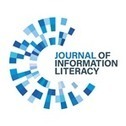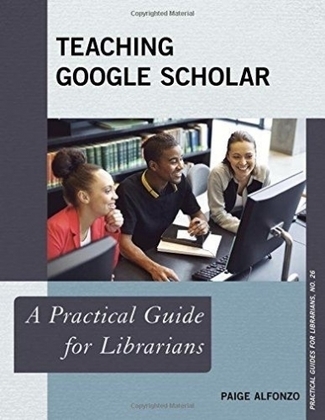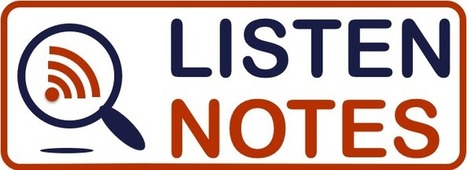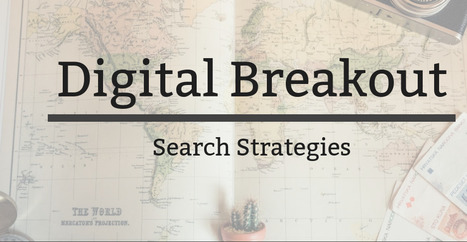I have an extensive collection of materials at The Best Tools & Lessons For Teaching Information Literacy – Help Me Find More.
Yesterday, I learned through Alexander Russo of an excellent addition to the list: Poynter, the very respected journalism organization, has created an online collection called UnNews: An index of unreliable news websites.
Via Elizabeth E Charles



 Your new post is loading...
Your new post is loading...















